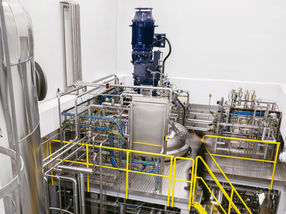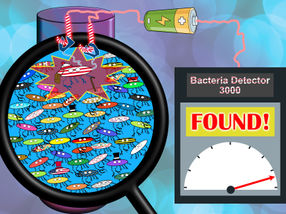Nestle India Recalls Maggi Instant Noodles On Food Safety Issues
Nestle's popular instant noodle brand Maggi received another blow as India's central food safety regulator Food safety and Standards Authority of India or FSSAI said it is unsafe and hazardous for human consumption. The authority has ordered for recall of nine variants of the instant noodles.
Following growing concerns, the company has withdrawn the product from the market.
The brand has been facing sales ban in several states in India, as tests recorded higher levels of lead and monosodium glutamate or MSG. Excess amounts of lead can cause kidney and bone disorders. MSG, when used for a long period, will damage nervous system
State capital New Delhi and six other states have imposed ban on the noodles brand on adverse lab reports. FSSAI said other noodle brands also will be tested.
Meanwhile, Nestle's global Chief Executive Officer Paul Bulcke Friday claimed that the brand is safe for consumption and it maintains same standards of quality all over the world. Bulcke said product quality and safety are of paramount priority for the company, and the company does not add monosodium glutamate.
Maggi "two minute" noodles has been there in the Indian market for the last 30 years and has been a major revenue contributor to Nestle in India. (dpa)
Other news from the department business & finance

Get the food & beverage industry in your inbox
From now on, don't miss a thing: Our newsletter for the food & beverage sector brings you up to date every Tuesday and Thursday. The latest industry news, product highlights and innovations - compact and easy to understand in your inbox. Researched by us so you don't have to.
Most read news
More news from our other portals
See the theme worlds for related content
Topic world Food safety
Food safety is at the heart of the food and beverage industry. It ensures that the food we eat every day is not only nutritious, but also free of harmful contaminants. From field to plate, the industry monitors and regulates every step of the process with strict quality controls, advanced testing methods and continuous research.

Topic world Food safety
Food safety is at the heart of the food and beverage industry. It ensures that the food we eat every day is not only nutritious, but also free of harmful contaminants. From field to plate, the industry monitors and regulates every step of the process with strict quality controls, advanced testing methods and continuous research.




























































